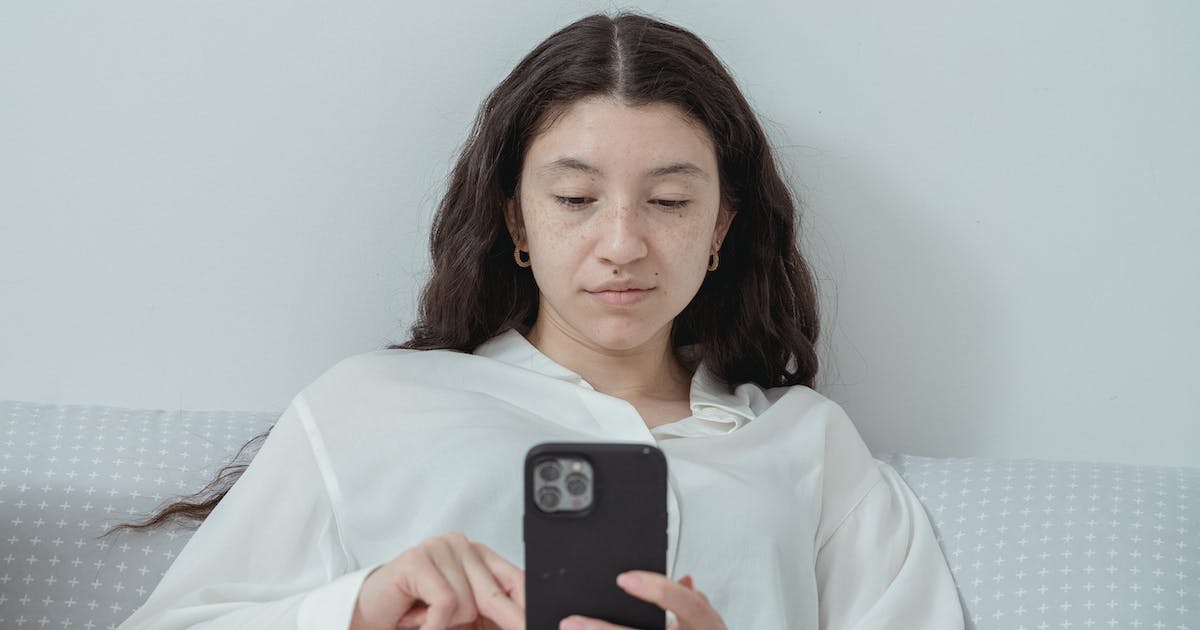In the United States, 90 percent of people use social media actively. Due to this, social media has a huge impact on our lives, spreading information and generating visibility around social, environmental, ethical and political views.
One of the ways that social media affects us is by desensitizing and promoting the use of drugs and alcohol. When you’re active on social media and already struggling with mental health or substance use problems, it’s easy to become influenced by other people and justify your use.
At Recovery Cove, we know the impact that social media can have on addiction and recovery. We also know that with the right support, recovery is possible. Let's learn more about social media, its impact on addiction and what you can do to protect yourself.
How Social Media Can Promote Substance Use
What people post on social media can have a major impact on how you view drugs and alcohol. For instance, a mom who posts herself drinking a glass of wine to get through her days can make drinking seem like a normal way to cope. Or friends going out to clubs and bars can send the message that fun = drugs and alcohol.
Not only might you see friends, celebrities, influencers and others posting pictures of their alcohol use, but they probably also seem to be living their best lives. Fancy cocktails, exclusive nightclubs, traveling and late nights can quickly appear to be the ingredients needed for engaging posts - and a ‘happy’ life.
After enough exposure to these types of posts, it’s normal to crave the same experiences and good times that others are having. However, the trouble is that you may feel like you need substances and a fast-paced lifestyle to enjoy good experiences. You may even start emulating these behaviors in the hope of getting the same fulfillment.
It’s important to remember that what people post online is often very different from their real lives. Most people post highly curated versions of their lives. You do not see the damage from their substance use, or the deeper emotional reasons for why they’re using substances in the first place.
The Link Between Social Media and Mental Health
Not only can social media influence your view on drugs and alcohol, but also it has addictive properties of its own. Social media triggers the brain’s reward system to release dopamine, the feel-good chemical in the brain. By doing so, it’s possible to become physically and psychologically dependent on it. This is why some people actually feel anxious when they haven’t checked their news feed.
Furthermore, when you’re constantly bombarded by photos and videos of others seemingly living their best lives, it can trigger depression and make you feel unsatisfied with your life. This can also make it more difficult to cope with your problems. And, when you start feeling these ways, it’s easier to turn to substances to ease negative emotions.
Common problems associated with social media use are:
- Depression
- Anxiety
- Fear of missing out (FOMO)
- High-stress levels
- Self-doubt
- Low self-worth
When you struggle with any type of mental health disorder, it’s recommended to limit or eliminate your social media use. Research shows that using social media for just 15 to 30 minutes a day has a significant improvement in well-being.

Signs That You Have Unhealthy Social Media Habits
If you’re at risk for mental health or substance use problems, it’s important to be mindful of how you use social media. If you’re not careful, it can have a negative impact on both your mental health and addiction.
Let’s look at some signs that it’s time to reevaluate your relationship with social media:
-
- Scrolling through your news feed relieves anxiety. This is not because social media is a relaxing activity, but rather you feel in control when you stay aware of what’s going on.
- Posting photos of you doing something feels better than the activity itself. In fact, you might set up or stage photos just for sharing purposes.
- Obsessing over the number of ‘likes’ on your photos. You want people to see how loved, beautiful and popular you are.
- Taking pictures for public documentation and not to remember moments. It’s the whole ‘pics or it didn’t happen’ mentality.
- Frequently arguing online with others to show dominance. You don’t want to be embarrassed by being ‘wrong.’
- Becoming anxious when you can’t check your social media feed. This shows you’re dependent on this behavior.
- Comparing yourself to others. Remember, you’re comparing your real life to someone’s supposed life online.
Final Thoughts on Social Media, Addiction and Mental Health
Social media, on its own, is not bad. It’s all about how you use the tool. When you struggle with addiction or mental illness, you’ll want to be even more careful about your social media use and how it’s affecting you.
Being active on social media can influence your thoughts and emotions, making you feel like the only way to have fun or cope with your emotions is through drugs or alcohol. This can influence you to follow the same behaviors. Furthermore, social media is addictive on its own, and it can cause you to become compulsive with its use.
If you are currently in an intensive outpatient program in Easton PA, your treatment team may recommend taking a break from social media. This can help you re-establish your goals and the things that are important to you, as well as make room for healthier activities like exercise, art and music. It’s also crucial that you form genuine relationships with friends and family rather than relying on social media to fill this need.
Once you are more secure in your recovery, you can gradually incorporate some social media time into your day, at the discretion of your counselor or therapist. Remember - 15 to 30 minutes is best. To get help for a drug or alcohol addiction, contact Recovery Cove at 484-549-COVE. We can help you navigate various challenges, build resilience and maintain motivation on your path to recovery.




